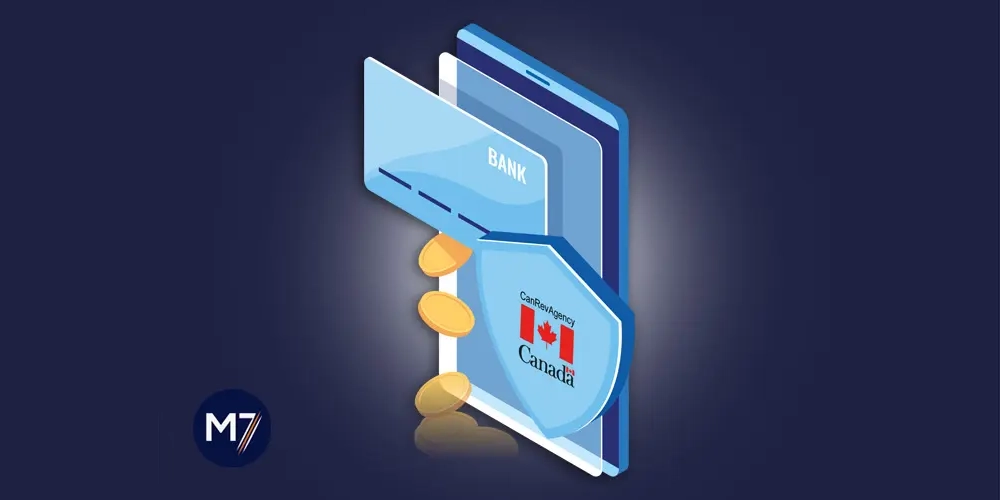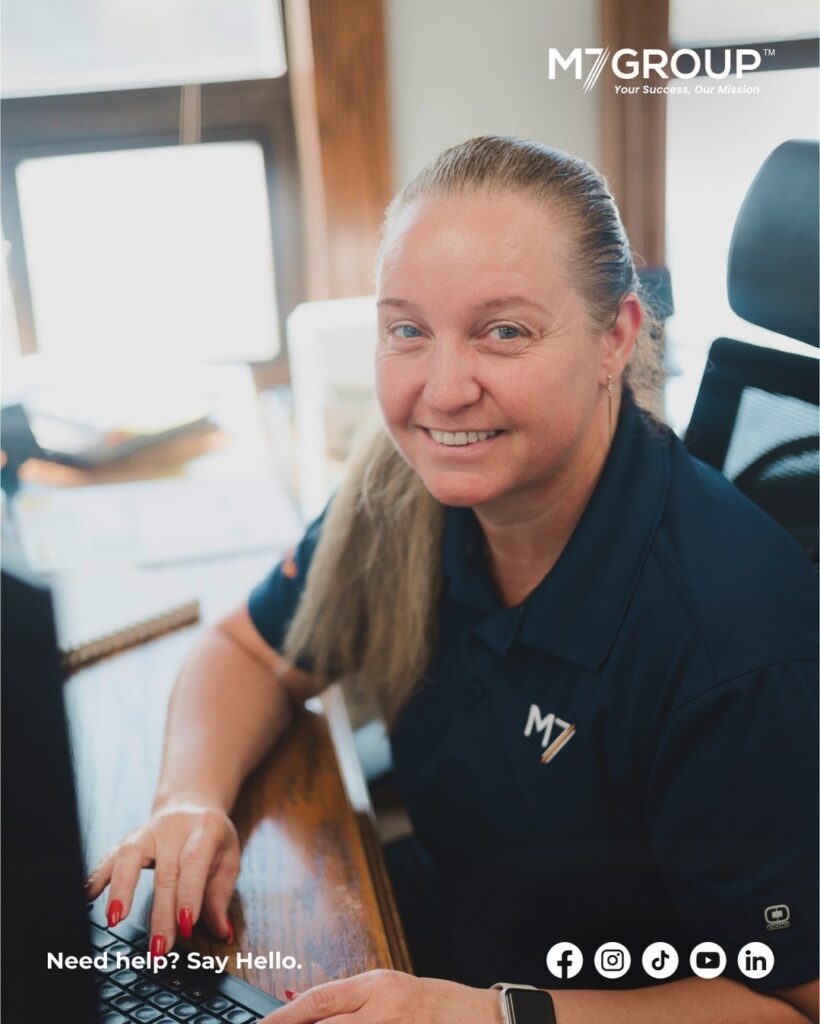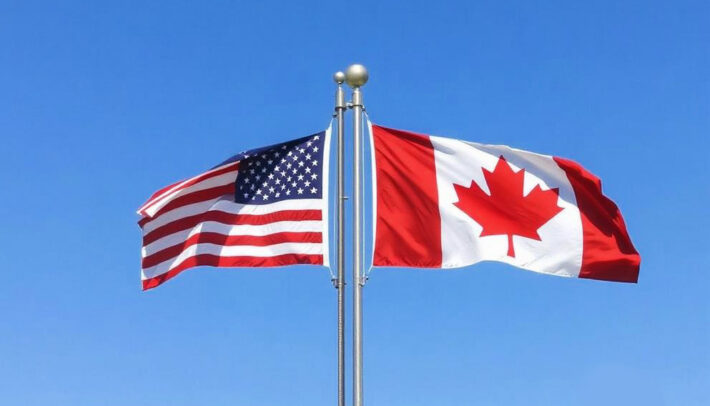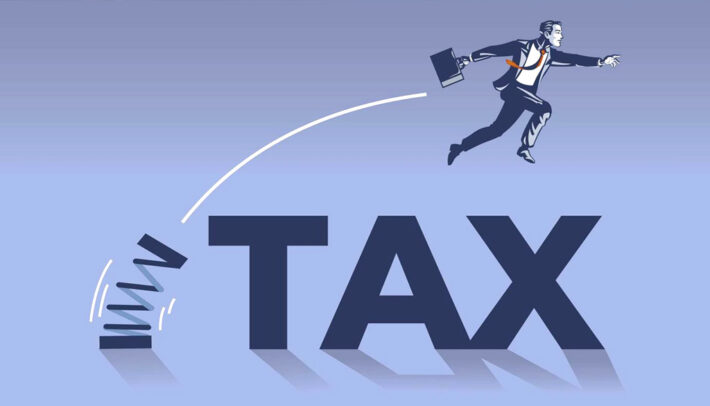Does the CRA have access to my bank account?

One of the most frequently asked questions we get as a tax consulting firm is, “Does the CRA have access to my bank account?” This is a crucial concern for many business owners, especially during an audit. The answer is: It depends.
When the CRA conducts an audit, they require evidence to support the information you’ve reported on your tax return. Typically, you’ll be asked to provide bank statements, receipts, and proof of payments. These documents are essential for verifying your reported income and expenses. If the documentation you provide is sufficient, the CRA will generally not need to dig deeper. However, if they find discrepancies or insufficient evidence, they may request additional information, potentially including more detailed bank records. Click to learn more.
Does the CRA Directly Access Your Bank Account?
It’s important to clarify that the CRA does not have direct access to your bank account to monitor transactions as they happen. They cannot simply log in and view your account activity. The CRA relies on the bank statements, receipts, and proofs of payment that you provide during an audit. That said, if you fail to provide adequate documentation, the CRA may request additional information from your bank, but this would typically require your consent or legal authority.
How to Protect Your Business During a CRA Audit
The key to protecting your business during a CRA audit is meticulous record-keeping. Any expenses you claim on your tax return should be backed up with corresponding documentation, whether they go through your bank account or not. If you’re claiming a business expense that wasn’t paid directly through your business bank account, make sure you have a clear proof of payment and receipt. Misreporting or a lack of documentation can raise red flags, leading to more in-depth scrutiny or even penalties.
It’s also critical to avoid mixing personal and business expenses. If you mistakenly record personal expenses as business ones, or if your bookkeeping is inconsistent, it can create issues during an audit. The CRA may question these transactions, which can lead to a more extensive audit or even potential fines. Always ensure your records are accurate and that any expenses claimed are genuinely business-related.
How to Protect Your Business During a CRA Audit
The key to protecting your business during a CRA audit is meticulous record-keeping. Any expenses you claim on your tax return should be backed up with corresponding documentation, whether they go through your bank account or not. If you’re claiming a business expense that wasn’t paid directly through your business bank account, make sure you have a clear proof of payment and receipt. Misreporting or a lack of documentation can raise red flags, leading to more in-depth scrutiny or even penalties.
It’s also critical to avoid mixing personal and business expenses. If you mistakenly record personal expenses as business ones, or if your bookkeeping is inconsistent, it can create issues during an audit. The CRA may question these transactions, which can lead to a more extensive audit or even potential fines. Always ensure your records are accurate and that any expenses claimed are genuinely business-related.
While the CRA doesn’t have direct access to your bank account, they can request information if your documentation doesn’t suffice. Proper bookkeeping and accurate record-keeping are your best defenses against a challenging audit. If you’re uncertain about your records or need assistance, our team at M7 Tax is ready to guide you through the process.
Insight
For more information on how M7 Group can assist your business with CRA audits and other tax-related matters, visit our website or contact us today.
Meet the experts behind M7 Group: Adnan Khan, CPA; Matthew Lopes; and Marcos Lopes. Together, they provide comprehensive tax, accounting, and financial advisory services across North America.
For more information on how M7 Group can assist you and your business with TAX Services, financial clarity, and strategic growth planning, contact us today.








